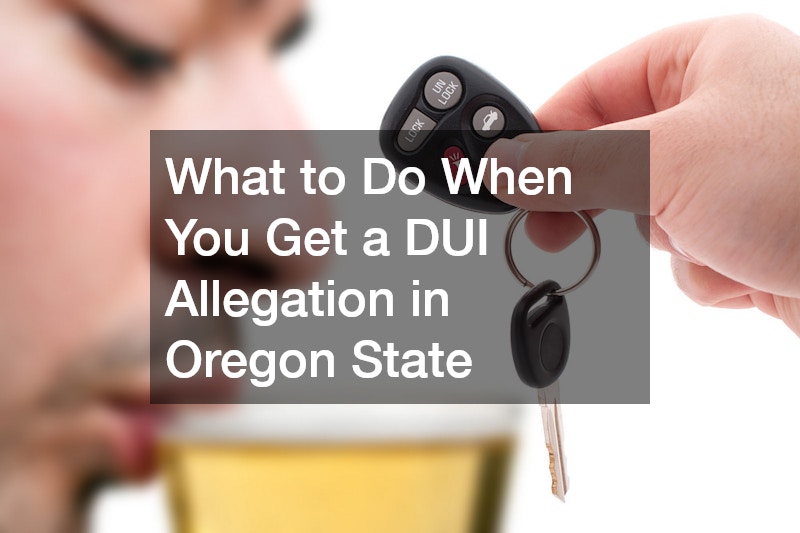
If you’re facing legal charges, the most important people to talk to are lawyers for personal injury. These professionals can enable you to make the right decisions throughout your case so that you end up with a fair outcome. If your case concerns DUI, you’re bound to have a lot of questions, such as what constitutes an excessive DUI and more. As a result, you’ll be informed every single step of the way so that you can make the right call. Start by finding a good professional so that you can get all your questions answered while also getting proper representation in court.
It’s also advisable to do a bit of your own research so that you understand the terms and phrases that you’re likely to come across during the case. To this end, some of the searches you can do online are “what happens if I’m arrested for DUI but not taken to jail?” and “What should I do if I’ve been hit by DUI driver?” Don’t forget that it’s a good idea to confirm any information that you find with your lawyer while you also ask them about details such as what are the types of drunk driving that attract legal repercusions.

Being charged with a DUI can bring a great deal of legal fallout along with it. For those convicted, it can bring along with it a number of legal issues, and can even lead to jail time under certain circumstances. If you have a criminal allegation such as this against you, you should know that there are options available for you to legally defend yourself.
While not offered in all states, there are some states–especially Oregon–that offer DUI diversion programs: programs that offer defendants a second chance following a DUI charge. In the state of Oregon, a car cannot be driven by a driver with a blood alcohol concentration (BAC) at or above .08 percent. If you happen to drive over this limit (as nearly 300,000 people do each day) and are arrested (of which only 4,000 of those 300,000 are) then you might be able to enroll in a DUI diversion program. If completed, you can have the ability to have your DUI charge dropped, and possibly have the arrest expunged all-together.
In the event of being arrested for a DUI, you should contact a DUI law firm, primarily a DUI diversion attorney, so that you can best understand what to do when facing a DUI charge. As stated earlier, the basis of each case and legal regulations will depend upon the state where the DUI took place, but most DUI programs are similar: substance abuse classes will need to be attended; you will likely be enrolled in community service; random urine tests will have to be taken to ensure you are “clean” of drugs; possible fines will be incurred.
The state of Oregon calls for specific mandates in the case of a DUI diversion plea. While DUI diversion is offered statewide, there are some catchall regulations that must be followed:
- You are ineligible from receiving a DUI diversion if you have been convicted of a DUI sometime in the past 15 years
- You must plead guilty or no contest to your criminal allegation before being considered for a program
- The court will dismiss your case after the completion of both the DUI diversion program and a probation period that lasts one year
- Following the dismissal of the DUI, an ignition interlock device (breathalyzer) must be installed into the car’s ignition
These laws and regulations help to ensure that those who were charged with a DUI only did so out of a mistake, not being one of the blatant offenders (common statistics show that most people drive drunk more than 80 times before being first arrested for it). So if you are someone that believes you made a mistake and are seeking a second chance, you might be at liberty to counsel for a DUI diversion. A DUI diversion attorney can help you to determine whether or not the courts will consider you to be someone worth a second chance.

